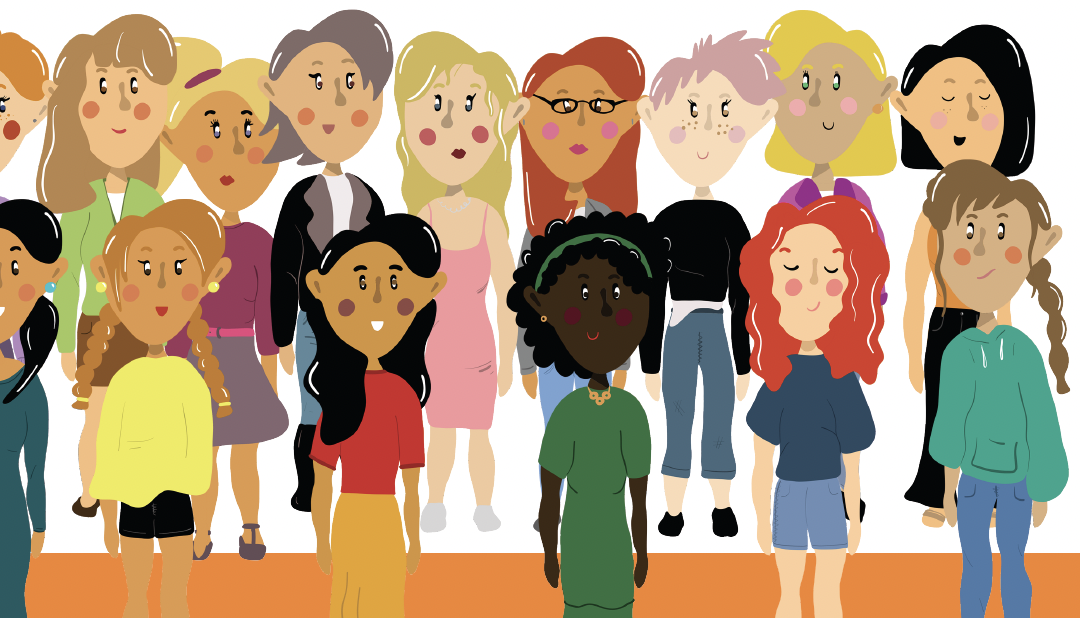Academic Team: Dr Lynette Shotton, Dr Amy Johnson, Dr Matthew Breckons, Kathryn Carruthers
Layout & Character Illustration: Kathryn Carruthers
Executive Summary:
The Little Orange Book (LOB) was developed by the Newcastle Gateshead Clinical Commissioning Group (NGCCG) in 2016. It is a guide to help parents and carers of children aged five and under, living in Gateshead and Newcastle upon Tyne, to manage common childhood illnesses, as well as more serious conditions. Since then, the LOB has been distributed to a range of clinical and community settings, including health visitors, General Practitioners (GPs), Accident and Emergency (A&E) departments, and maternity services. A version of the LOB is also available online.


The LOB contains information to increase knowledge and self-management of childhood illnesses to inform decision-making about seeking advice and accessing health services appropriately. A key aim is to reduce the number of clinically inappropriate GP and A&E referrals and attendances. Based on a review of use of A&E services by NGCCG between 2014 and 2015, a symptom checker for parent/carers was recommended to guide these decisions.
This evaluation study was carried out independently and the aims build on the previous evaluation. The evaluation aims to understand parent/carer views of the LOB since its introduction and explores how this is used and impacts on behaviour or confidence to manage symptoms of childhood illness. An additional aim was exploring the changes in accessing health services for child/ren in the context of the COVID-19 pandemic.
The study followed a mixed method design including two phases. Phase One was an online survey completed by 128 respondents who were split into three groups:
• Parents/carers who received/accessed and used the LOB (82 respondents)
• Parents/carers who received/accessed and did not use the LOB (24 respondents)
• Parents/carers who did not receive/access the LOB (22 respondents)
In Phase One, five brief feedback cards were also included in analysis. Phase Two involved individual/group interviews with 16 parent/carers who lived in the Northeast of England, 14 had received/accessed and used the LOB, one had received/accessed but not used the LOB and one had not received/accessed the LOB.
The findings from both phases of the evaluation were integrated and presented in a chronological journey featuring three stages; how the LOB is distributed, how it is used, and parent/carer views about the content and format.



